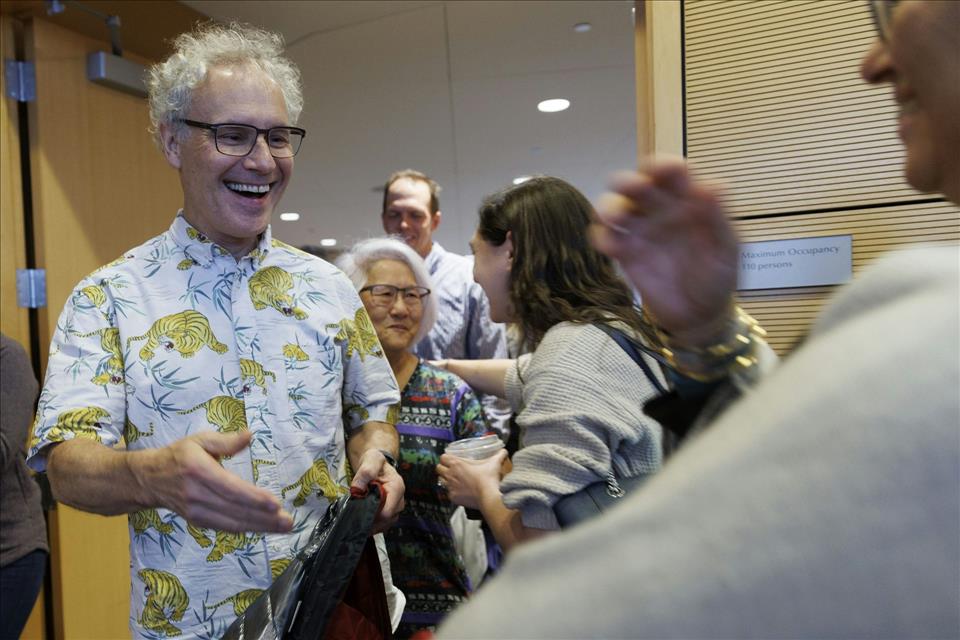
Victor Ambros On The Team Effort Behind His Nobel-Prize Winning Discovery Of Microrna Podcast
In this episode of The Conversation Weekly podcast, we speak to Ambros about the discovery that led to his Nobel prize and find out what he's researching now. And we hear about how a deeper understanding of microRNA is opening up new avenues for potential treatment of cancers and other diseases.
Today, Ambros is a professor of molecular medicine and the Silverman Chair in Natural Sciences at the University of Massachusetts Chan Medical School in the US. But the research that won him a Nobel prize was published more than 30 years ago in 1993, when he had just established his own research lab at Harvard University.
Ambros was trying to understand the way cells get the right instructions from DNA during their development. To do this, he was studying mutations in an experimental organism: a small worm called C. elegans.
Ambros's wife, Rosalind Lee, and another member of the lab team, Rhonda Feinbaum, had spent a couple of years trying to understand the genetic process behind the mutation in a labour-intensive search. What they eventually discovered was a microRNA, a new dimension to gene regulation – the process through which genes are turned on and off in certain cells. As Ambros put it:
Read more: MicroRNA − a new Nobel laureate describes the scientific process of discovering these tiny molecules that turn genes on and off
MicroRNA's role in cancerThanks to the discoveries of Ambros and Ruvkun back in the 1990s, medical researchers all over the world are looking at how microRNA affects the development of human diseases. One such researcher is Justin Stebbing, a professor of biomedical sciences at Anglia Ruskin University in Cambridge, UK. He explained:
Stebbing said that in cancer, microRNA has been found to turn off tumour suppressor genes , effectively allowing cancers to spread. But microRNA can also be useful in understanding cancer, and in potential treatments:
To find out more about the discovery of microRNA and what research is being done on it today, listen to the full episode of The Conversation Weekly podcast, which includes an introduction from Vivian Lam, associate health and biomedicine editor at The Conversation in the US.
You can read an edited transcript of the interview with Victor Ambros on The Conversation or a full transcript of the episode on Apple Podcasts.
This episode of The Conversation Weekly was produced by Katie Flood, Gemma Ware and Mend Mariwany. Sound design was by Michelle Macklem, and our theme music is by Neeta Sarl.
You can find us on Instagram at theconversationdotcom or via email . You can also subscribe to The Conversation's free daily email here .
Listen to The Conversation Weekly via any of the apps listed above, download it directly via our RSS feed or find out how else to listen here .

Legal Disclaimer:
MENAFN provides the
information “as is” without warranty of any kind. We do not accept
any responsibility or liability for the accuracy, content, images,
videos, licenses, completeness, legality, or reliability of the information
contained in this article. If you have any complaints or copyright
issues related to this article, kindly contact the provider above.

















Comments
No comment